As the leaves turned red and orange with the coming of October and November of 2022, Decriminalize Denton signs remained scattered across lawns advocating for Proposition B in the upcoming midterm elections. Now, as the leaves begin to grow back and the dust settles from the midterm elections, Denton still remains embroiled in the fight for decriminalizing marijuana possession.
Founded following the successful campaign of lowering drug penalties at the University of North Texas by the local chapter of Students for Sensible Drug Policy, Decriminalize Denton is a non-partisan, community-funded organization that aims to responsibly decrease, and eventually eliminate, all legal penalties for adult possession of personal amounts of marijuana in Denton, according to their website.
The initiative for Proposition B took two steps. The first step was gathering enough petition signatures to qualify for November’s ballot, and the second step was a November election for the citizens of Denton to sign the proposition into law.
The proposition eliminates all citations and arrests by the City of Denton Police Department for misdemeanor amounts of marijuana, prevents citations given in lieu of possession for marijuana charges, prohibits DPD from using the odor of marijuana as probable cause for search or seizure and preserves the city’s law enforcement resources, according to Decriminalize Denton’s website.
“We collected 3,000 signatures from Republicans, Democrats and Independents, all who agreed that now was the time to put it on the ballot and let the people decide,” Decriminalize Denton board member Nick Stevens said.
In November 2022, Proposition B was passed into law following a citywide election with a record-breaking 32,610 ballots cast. The proposition passed with 71.35 percent of the vote.
The success of Proposition B was preceded by an increased nationwide movement toward reducing incarceration, especially for low-level drug charges, with President Joe Biden pardoning thousands of individuals with federal marijuana convictions and asking governors to consider taking steps to decriminalize marijuana at the state level in October of 2022. This movement is not without challenges, though, with some in law enforcement believing marijuana is a gateway drug according to an article by NBCDFW. According to the FBI’s National Incident-Based Reporting System, drug and narcotic offenses show an increase in all categories except marijuana from 2020 to 2021, which may influence more “tough-on-crime” policies to emerge regarding drug possession charges.
“I’d be happy to meet with the Governor, I’d be happy to meet with his opponent Beto O’Rourke and explain to them what we’re doing here in Denton and why it would be beneficial statewide,” Stevens said following the nationwide pardons.
Following a visit to UNT’s campus during the midterm election cycle, Beto O’Rourke agreed, saying “[Decriminalizing marijuana] is the right thing to do, and I’m really proud of Denton for taking the lead on this.”
In an update given during a City Council work session on Feb. 21, City Manager Sara Hensley expanded on the legality of the proposition and the power the city had in enforcing the decision, stating that the prohibitions of Proposition B conflict with, and are superseded by, the Texas Code of Criminal Procedure. According to the presentation given during the session, the Texas Code of Criminal Procedure vests officers with the authority and duty to enforce state law, which includes the right to make an arrest, the ability to use the smell of marijuana as probable cause and the right to issue citations. Ultimately, she stated that “the City does not have the authority to implement those provisions of Proposition B that conflict with state law.”
“I hope that the council tells the city manager and police chief no more excuses, no more b.s., enforce this law,” Former City Councilwoman Deb Armintor said. “This is the will of the people. Their job is to enforce this law. This is the way democracy works and if something is going to happen in the legal system, let it play out.”
Hensley acknowledged that the voters had spoken, but that the City Council does not have the power or authority to implement Proposition B because of the conflicts with the state law. Her presentation highlights similar challenges in Killeen, Harker Heights, San Marcos and San Antonio, where similar ordinances were repealed or not fully enforced due to violations of other statutes. Councilman Chris Watts echoed this opinion, saying, “I’m not going to sit here and say to the chief of police that you have to do something against your oath, that is against the police officers out in the field that are doing that every day.”
City Councilman Brian Beck argued that their mandates as elected officials are to clearly implement what the people put before them and that this has been one of the most overwhelming votes that Denton has had in recent history.
As for now, the city and police have not come to an agreement on how to implement Proposition B, and DPD continues to arrest people for low-level marijuana charges but considers marijuana enforcement to be a low priority. City policies and the DPD’s General Orders do not apply to other law enforcement agencies such as Texas Woman’s University’s Department of Public Safety.
Maddie Ray can be reached via email at mray10@twu.edu.

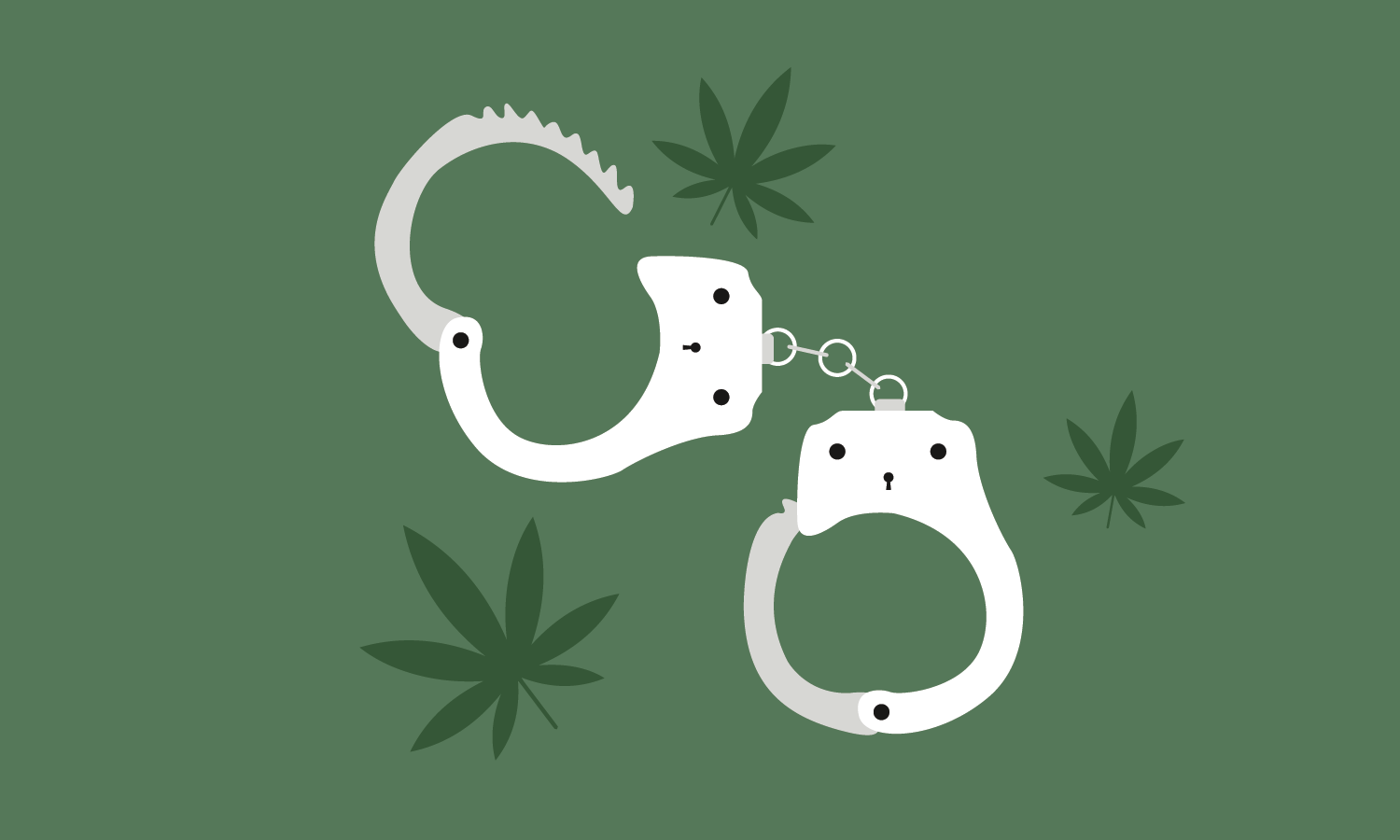

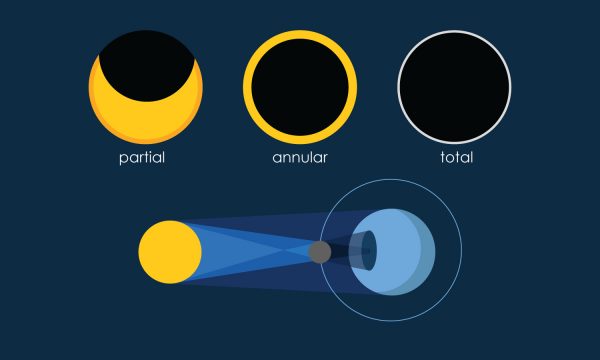
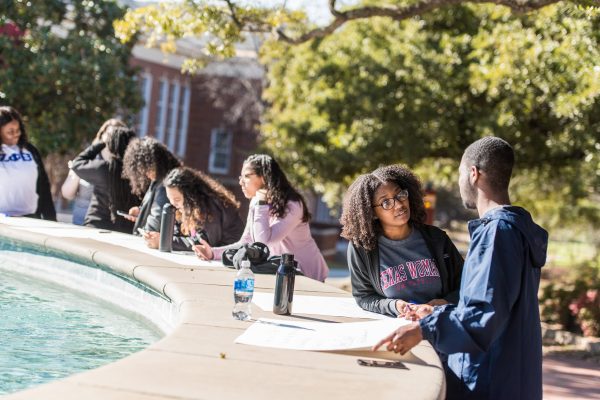


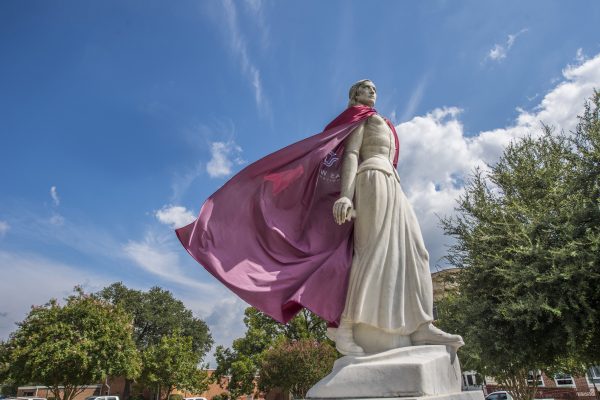
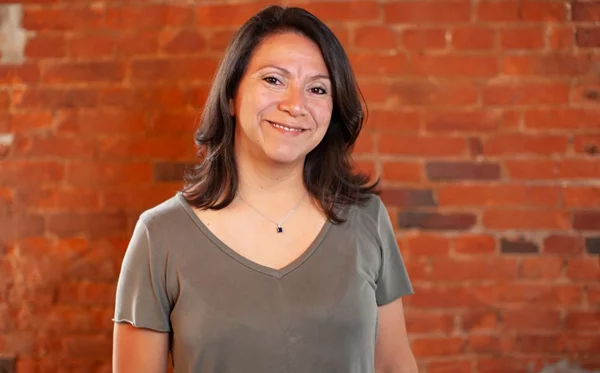

Be First to Comment